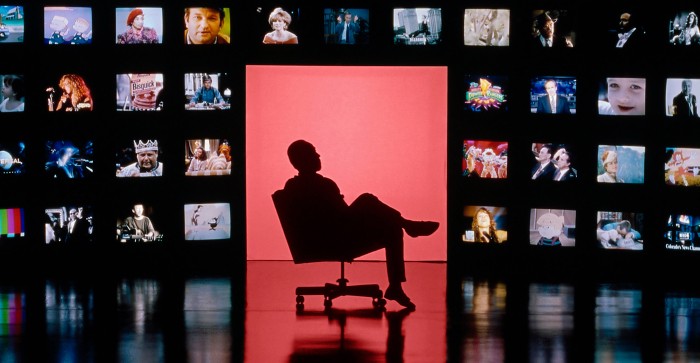Get analysis, insight & opinions from the world's top marketers.
Sign up to our newsletter.
Global media expert Ben Jankowski, former SVP Global Media at Mastercard, shares his key learnings from his forty-year career in media as he ends his impressive 11-year tenure at the company and eight years as a global chair of WFA’s Media Forum to start a new consulting venture.

If you were to ask 100 people working in our industry what makes good media today, you’d get 100 different answers. Age, job scope and region are just three elements that shape our attitudes about what’s good and what’s not. Ask consumers the same question and their answers are even more nuanced.
I am fortunate to have spent four decades in this amazing industry. I’ve seen what works (and what doesn’t). For instance, ten years ago, two-thirds of touchpoints were driven by media owners. Today, two-thirds of touchpoints are consumer driven. Though it might be cliché to say that “the only constant is change,” it is also the truth.
However, within this constant change lie constant truths and familiar challenges (e.g.; transparency, fraud, data privacy and inclusion, etc.). The balancing act of meeting consumers on their terms while navigating this complexity is complex and for many, overwhelming. My advice to any marketer is to follow three basic principles that will ensure both your brand’s and the media ecosystem’s relevance to consumers. Specifically: we need to make media a more positive consumer experience; Media needs to act as an art and a science; and Media must show leadership in overall marketing integration.
Imagine if consumers were eager to opt-in into advertising. Sadly, the simple truth is that brands are not consistently building strong consumer relationships through media. In fact, there is overwhelming evidence that people are going out of their way to avoid us. According to a recent Deloitte study, Millennials (48%) and Gen Z (46%) are more likely to pay to avoid advertisements entirely. Younger generations are more impatient and likely to get frustrated with advertisements; Gen Z respondents (27%) are most likely to deem ads “annoying”, compared to 24% of Millennials and 23% of Gen Xers.
As an industry, we need to remove the negativity associated with promotional media and develop relationships where our content is personalized, respectful, empowering and most importantly valuable for individuals and communities. People need to be shown that marketers want to talk with, not to, consumers, and that branded content can be something to share and enjoy.
While the volume of media consumed today is staggering, new technologies like 5G and VR will allow it to grow exponentially. Winning in the future media ecosystem will require understanding of how consumers engage with media and how it makes them feel. This mandates us to rethink the science of media by approaching success metrics differently: 1) We must strive to make measurement driven towards metrics marketers care about (hint: CFOs don’t care about CPMs) and 2) We must focus more on understanding how ads works across media types and less on bespoke metrics for each media type.
The key to this is emphasizing the art of consumer engagement. Media fragmentation has created havoc to our ability to reach and impact consumers. In a study by Yahoo! & OMD, people live the equivalent of a 43-hour day with all the multitasking of media. People are demanding more control over their personal information through cookie-blockers, ad-blockers (used on more than 600 million devices globally) and private browsers (used by more than of internet users globally). Finding new ways to engage and provide value is now table stakes.
Over the last 4 decades, I’ve witnessed the legacy system evolve, increasingly at a faster pace. Today’s most successful marketers are building a new ecosystem with a mix of legacy and new principles. Modern marketers need to approach media activation with speed, agility and flexibility. They need to both navigate and orchestrate today’s ecosystem by blending the strengths of the strategists, experience builders, data scientists and technology to build experiences that consumers value and marketers can measure. Two critical factors to this are having the right partners to help you build, measure and optimize that team and a plan that accounts for the speed, agility and flexibility to pivot when needed.
Following these three principles is not easy, but marketers who focus on core business objectives and approach the complex media landscape in manageable pieces will be tomorrow’s industry leaders. I look back at the last four decades with both wonderment and pride at what has been imagined and created. At the same time, I’m even more excited about the next decade… LET’S GO!!!
Ben Jankowski is CEO & Founder of media consultancy, Modern Media Solutions. He is a global expert in media and advertising, having more recently served as Global Head of Media and Sponsorship at Mastercard for more than a decade. Ben has served clients such as G.E., Pepsico, Johnson & Johnson, and P&G within agency roles at Grey and Media Edge/WPP, MPG/Havas, and Omnicom in the U.S. and China. Between 2014-2021, he was co-chair of WFA’s Media Forum and Global Media Board.